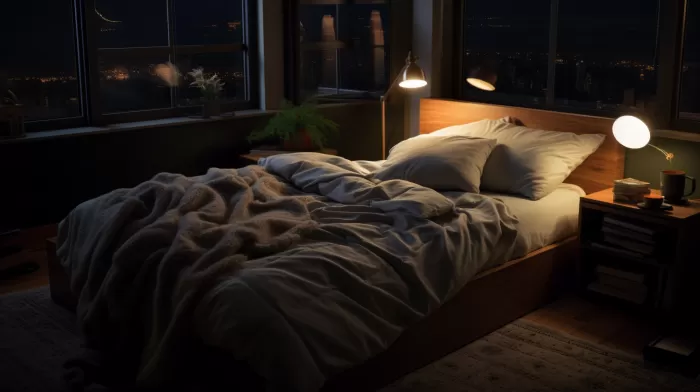Continuous Positive Airway Pressure (CPAP) machines have been a lifesaver for many people suffering from obstructive sleep apnea (OSA). Sleep apnea is a condition where a person’s breathing becomes irregular during sleep, leading to a range of health problems and, in some cases, death. The challenge with sleep apnea is that many people are not aware they have it, meaning they don’t seek out treatment for their condition.
If you suspect that you or someone you know may have irregular sleep patterns, it may be time to book an appointment with a sleep lab. Sleep labs are equipped to monitor your sleep overnight and can quickly determine if you suffer from sleep apnea. The problem affects both men and women.
The Importance of the CPAP Machine
A CPAP machine is the most commonly prescribed treatment for people with sleep apnea. If you are diagnosed with sleep apnea, getting a CPAP machine can save your life while providing a more restful night’s sleep. Some people receive a CPAP machine but choose not to use it, leaving their condition untreated. Keep in mind that some insurance providers, such as Medicare, require proof of regular usage to cover the cost of the equipment.
While snoring can be a sign of sleep apnea, it’s not always an indicator. Other symptoms to watch for include waking up tired, waking up multiple times throughout the night, or even having a dry mouth in the morning. People with sleep apnea may stop breathing up to 400 times throughout the night, with each pause lasting 10 to 30 seconds. This disruption in your sleep cycle can leave you exhausted the next day and severely impact your overall health.
Sleep Apnea and Its Dangers
There is a strong possibility that many people who are taking medications for high blood pressure don’t actually have high blood pressure – instead, they may be experiencing sleep apnea. Other health problems that may arise due to sleep apnea include acid reflux, frequent nighttime urination, memory loss, stroke, depression, diabetes, and even heart attack.
When a person is diagnosed with sleep apnea, they often notice drastic improvements in their overall health once they begin using a CPAP machine. These machines provide a constant flow of air pressure to keep the airways open while the patient sleeps, resulting in a more restful night’s sleep, fewer awakenings, and improved daytime energy levels.
Alternatives to CPAP Machines
A recent case study from Eastern Virginia Medical School’s Division of Sleep Medicine in the Journal of Clinical Sleep Medicine suggests that using a simple chin strap while sleeping may be an effective treatment option for mild to moderate OSA. The chin strap works by preventing the jaw, tongue, and throat muscles from relaxing, keeping the airway passage unobstructed throughout the night.
Although the chin strap may be helpful for some individuals, it may not be a suitable replacement for the CPAP machine for those with more severe sleep apnea. It is essential to discuss all treatment options with your healthcare provider before making any changes to your sleep apnea therapy.
The Consequences of Ignoring Sleep Apnea
According to WebMD.com, untreated sleep apnea can contribute to several serious health issues:
- High blood pressure: Sleep apnea-related nighttime awakenings cause hormonal systems to go into overdrive, resulting in elevated blood pressure levels.
- Heart disease: Individuals with OSA are more likely to suffer heart attacks and die during the night due to low oxygen levels or the stress of constant nighttime awakenings.
- Type 2 diabetes: OSA is prevalent among those with type 2 diabetes. Obesity, a common risk factor for both disorders, can lead to fatty deposits in the neck that obstruct nighttime breathing.
- Weight gain: Weight gain increases the risk of sleep apnea and can be exacerbated by the hormonal disruptions caused by the condition.
- Adult asthma: Treatment for sleep apnea may help reduce the frequency of asthma attacks, although a direct link has not been proven.
- GERD: Acid reflux may be exacerbated in individuals suffering from sleep apnea.
- Car accidents: Daytime grogginess and sleepiness caused by sleep apnea can put individuals at a higher risk for falling asleep at the wheel and causing traffic accidents.
If you suspect that you or someone you know may have sleep apnea, it’s crucial to seek professional help. By getting a proper diagnosis and treatment, you can improve your quality of sleep and avoid many of the serious health issues related to this condition.



